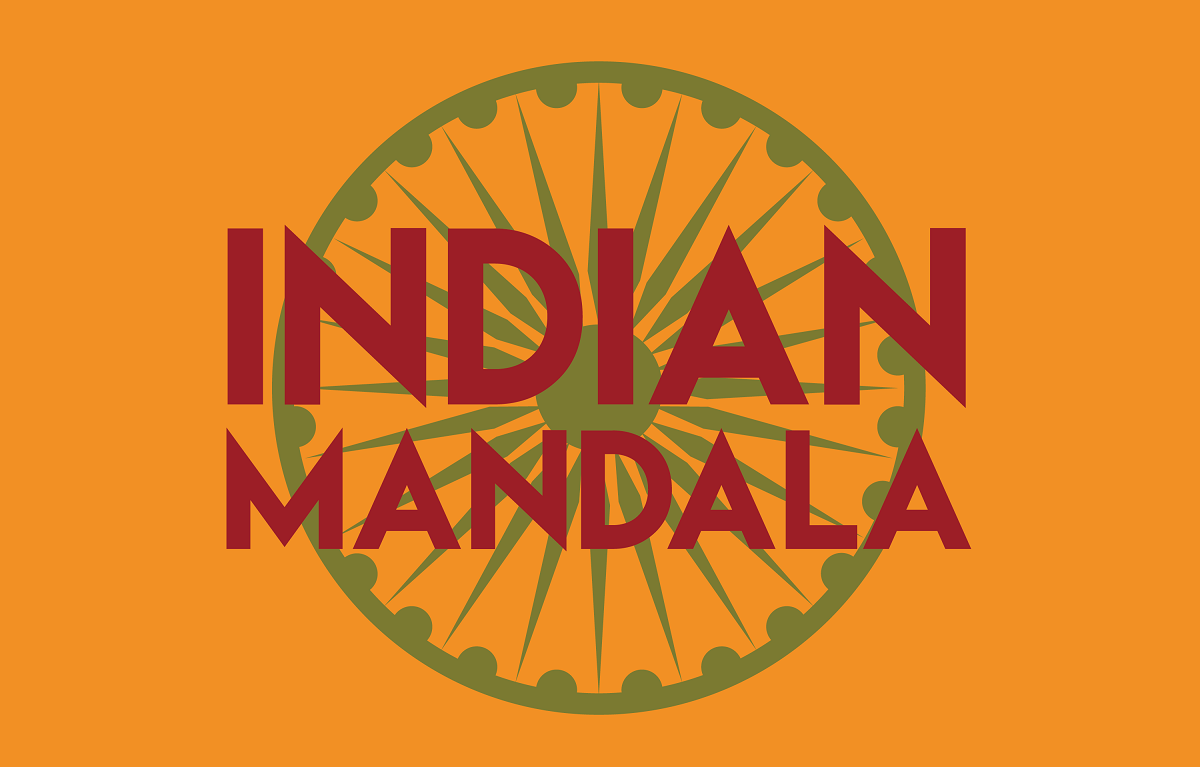Kashmir's hot September with return to the polls after 10 years
The historically disputed Muslim-majority region with Pakistan will go to the polls for the first time since PM Narendra Modi's 2019 coup to cancel its special status. The BJP has redrawn constituencies to gain a majority. But it is an open game with an alliance between the Congress and a local political force that want to restore the autonomy guaranteed by Article 370 of the Indian Constitution.
Srinagar (AsiaNews/Agencies) - Back to the polls after ten years. And for the first time since the coup by which Indian Prime Minister Narendra Modi cancelled its special status in 2019. The eyes of Indian politics in the coming weeks will be on Kashmir, the Muslim-majority region disputed with Pakistan.
Starting on 18 September and in three different rounds throughout Jammu & Kashmir - the entire region that also includes the Hindu-majority provinces of Jammu - some 8.8 million voters will be called to the polls to elect the new local assembly. The results of the vote are expected on 4 October, along with those of the more populous state of Haryana, which will vote on 1 October.
The Kashmir issue has been an unresolved knot in South Asia since the end of British colonial rule in 1947, when the Indian subcontinent was divided between India and Pakistan.
Islamabad has long pushed for the right to self-determination based on a UN resolution passed in 1948, which called for a referendum on whether Kashmiris wanted to merge with either country. Since the late 1980s, local militias in the part under Indian sovereignty have been fighting against the government in New Delhi, which accuses Pakistan of supporting these ‘terrorist formations’. Tens of thousands of civilians, rebels and government forces have been killed in this long conflict.
In this decades-long scenario in 2019, Modi took the opportunity of a local political crisis created by the breakdown of the governing alliance between his BJP and the local People's Democratic Party (PDP) to abolish Article 370 of the Indian Constitution that granted Jammu & Kashmir a special status.
By effectively wiping out local political bodies, the Hindu nationalists downgraded this territory by placing it under the direct control of the federal government. They also changed its borders, separating it from Ladakh, the Himalayan territory bordering China.
Most importantly, the Kashmiris lost their autonomy in criminal law and inherited land and labour protections. For five years, Jammu & Kashmir has therefore been ruled by an administrator and unelected government officials, who have enacted measures justified by the need to ‘tackle separatism, promote greater economic development and fully integrate the region into the country’. This aroused the anger of the Kashmiri population, whose civil liberties were restricted and the media intimidated.
Now, therefore, with the exit from the emergency phase, Jammu & Kashmir is going back to the polls to elect its local assembly, but with the prospect of less autonomy than before. What is more, in the redrawing of the electoral constituencies, the number of seats in Jammu (where the majority of the population is Hindu) has been increased and nine reserved seats have been introduced for the scheduled tribes, the recognised tribal groups, again non-Muslim populations.
The coming vote is thus set to be a test case for the ‘new Kashmir’ desired by Modi. Not least because the Hindu nationalists of the BJP will have to contend with the alliance between the Congress Party and the National Conference - the other major local party led by Omar Abdullah - who have expressly put in their election manifesto the restoration of Article 370 of the Indian Constitution, which guarantees Kashmir a special status.
In last spring's parliamentary elections, the BJP had won the two seats in Jammu, while the National Conference had won two of the three seats in Kashmir, with Sheikh Abdul Rashid (known as ‘Engineer Rashid’), the leader of the Awami Ittehad Party, an even more autonomist party, winning the third, to the extent that Rashid himself is still in jail on terrorism charges by New Delhi.
In 2014, the BJP had managed to go into government by winning all the seats in Jammu and gaining the support of the People's Democratic Party. Today, however, the leader of this political force, Mehbooba Mufi - who was head of the local government from 2016 to 2018 - has announced that she will not run for office, objecting to the limited powers assigned to the Assembly by the federal government. So the game is shaping up to be a very open one.
A crucial factor will be the turnout. Historically, it has always been very low in this region, due to the high boycott rate of Indian institutions. In last spring's general elections, however, it rose to 58% in the whole of Jammu & Kashmir, the highest in 35 years. And even the three constituencies in the Kashmir Valley, where abstention was usually rampant, recorded an average turnout of 51%, considerably higher than previous rounds.
INDIAN MANDALA IS THE ASIANEWS NEWSLETTER DEDICATED TO INDIA. WOULD YOU LIKE TO RECEIVE IT EVERY FRIDAY? TO SUBSCRIBE, CLICK HERE.
12/02/2016 15:14







.png)










